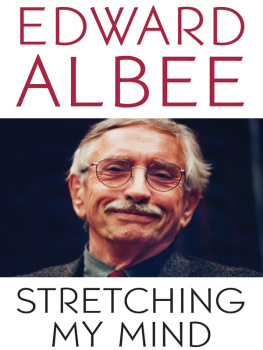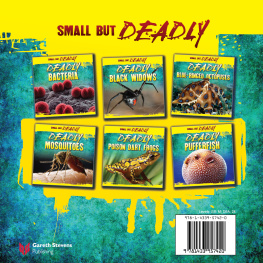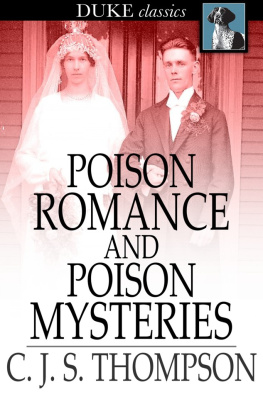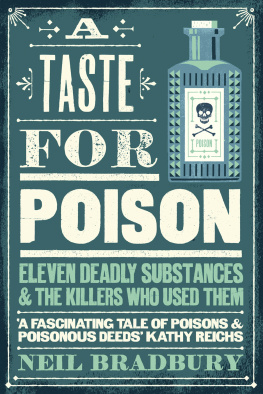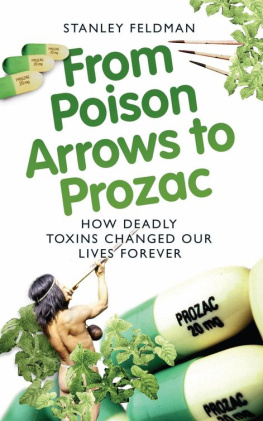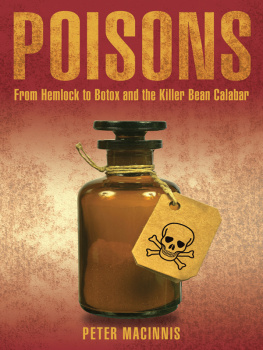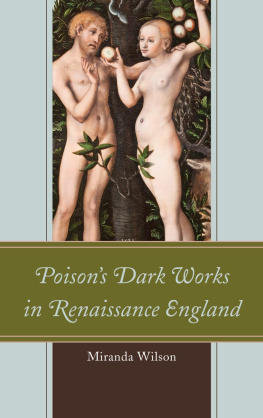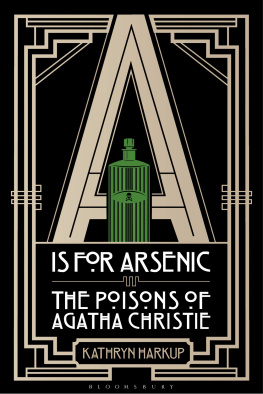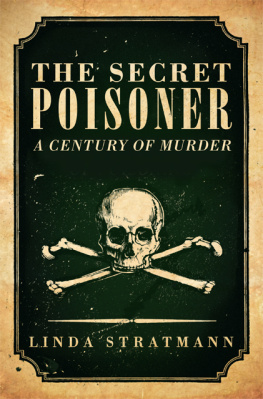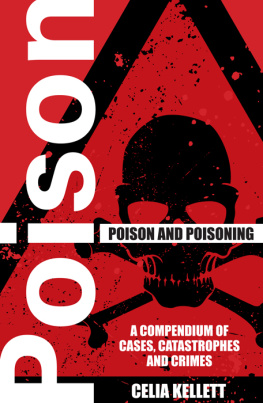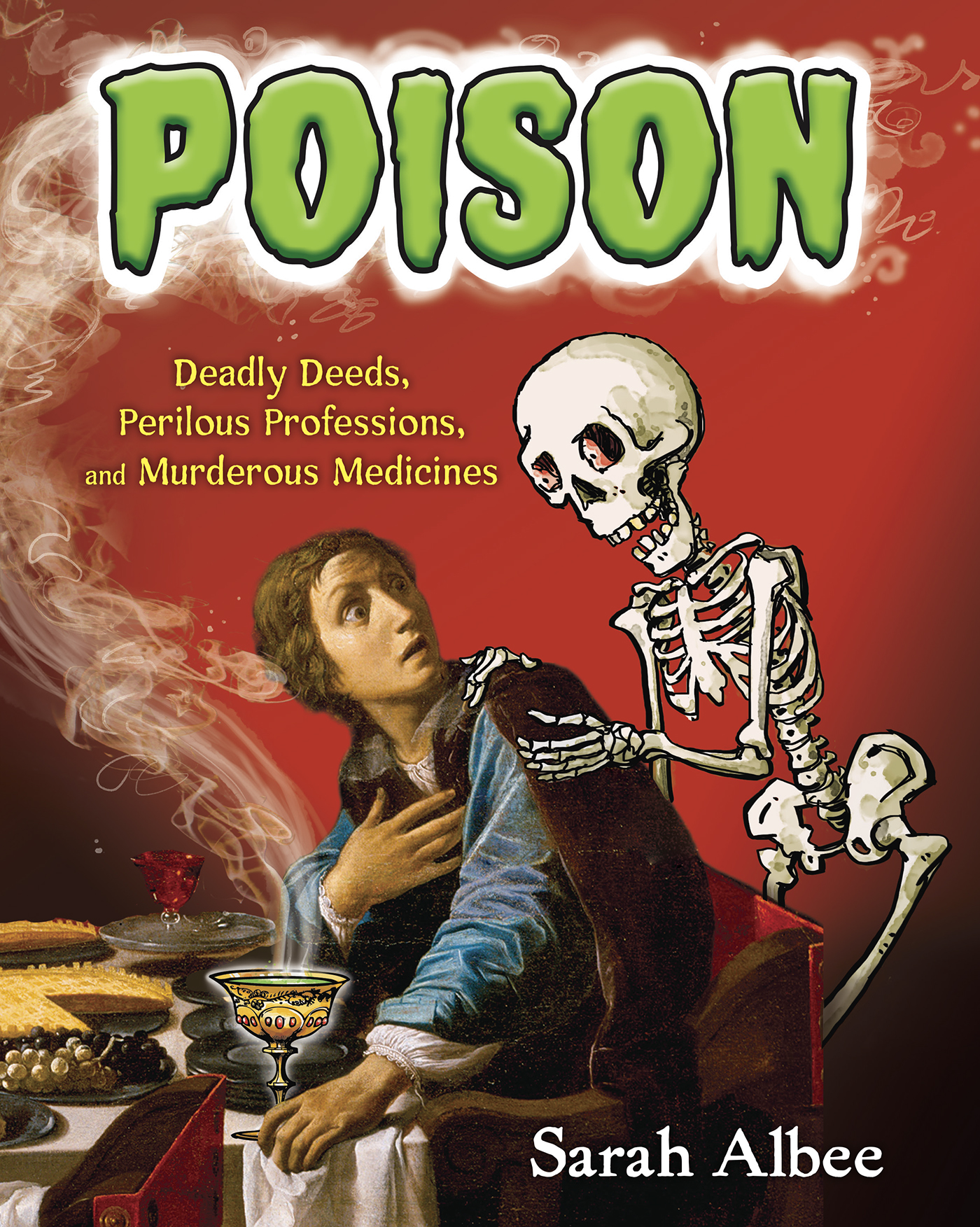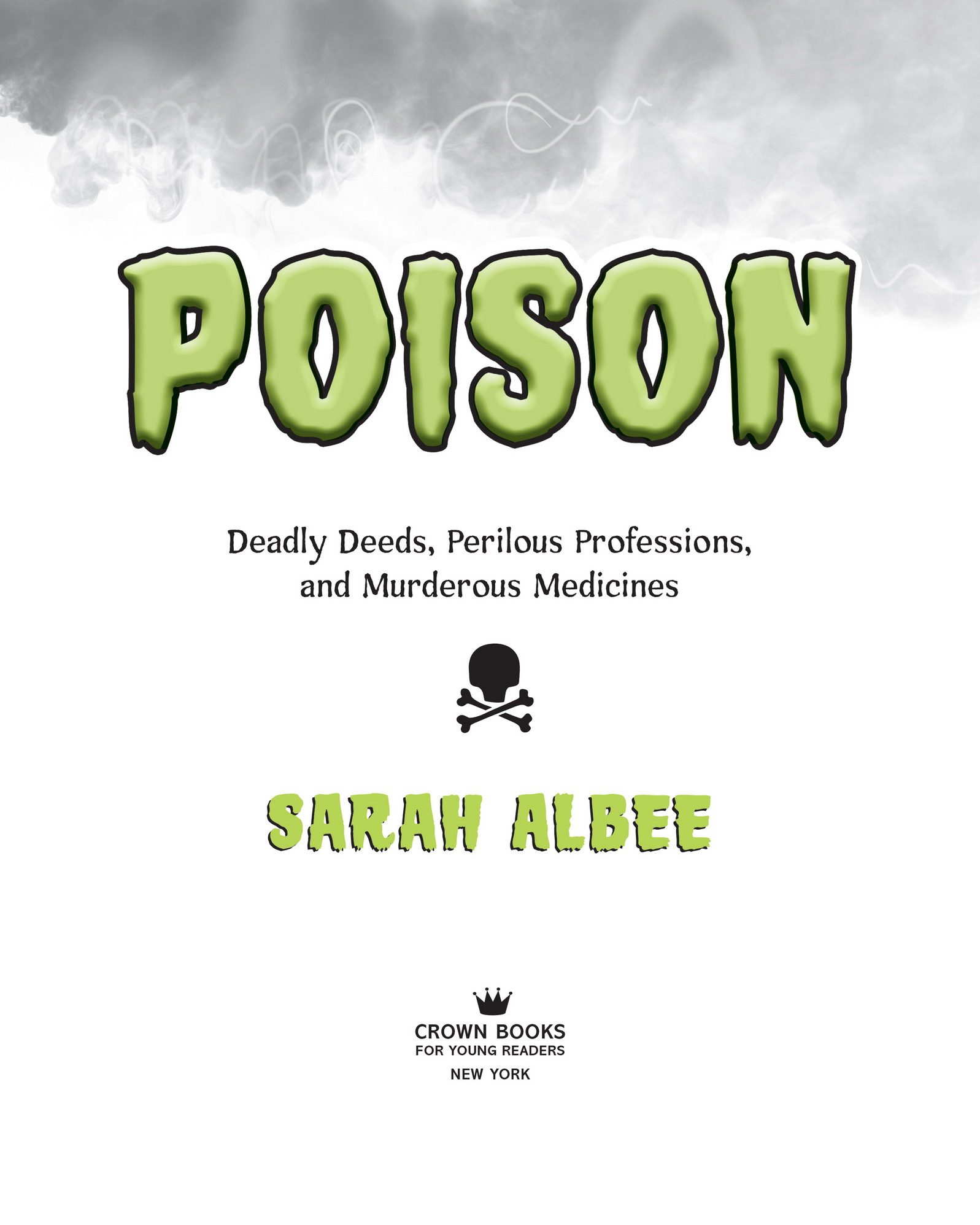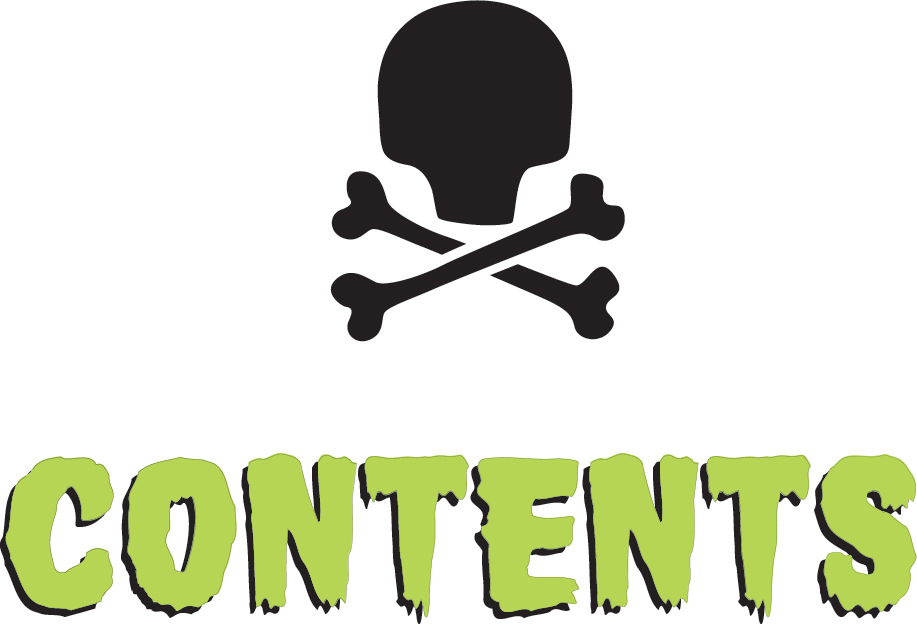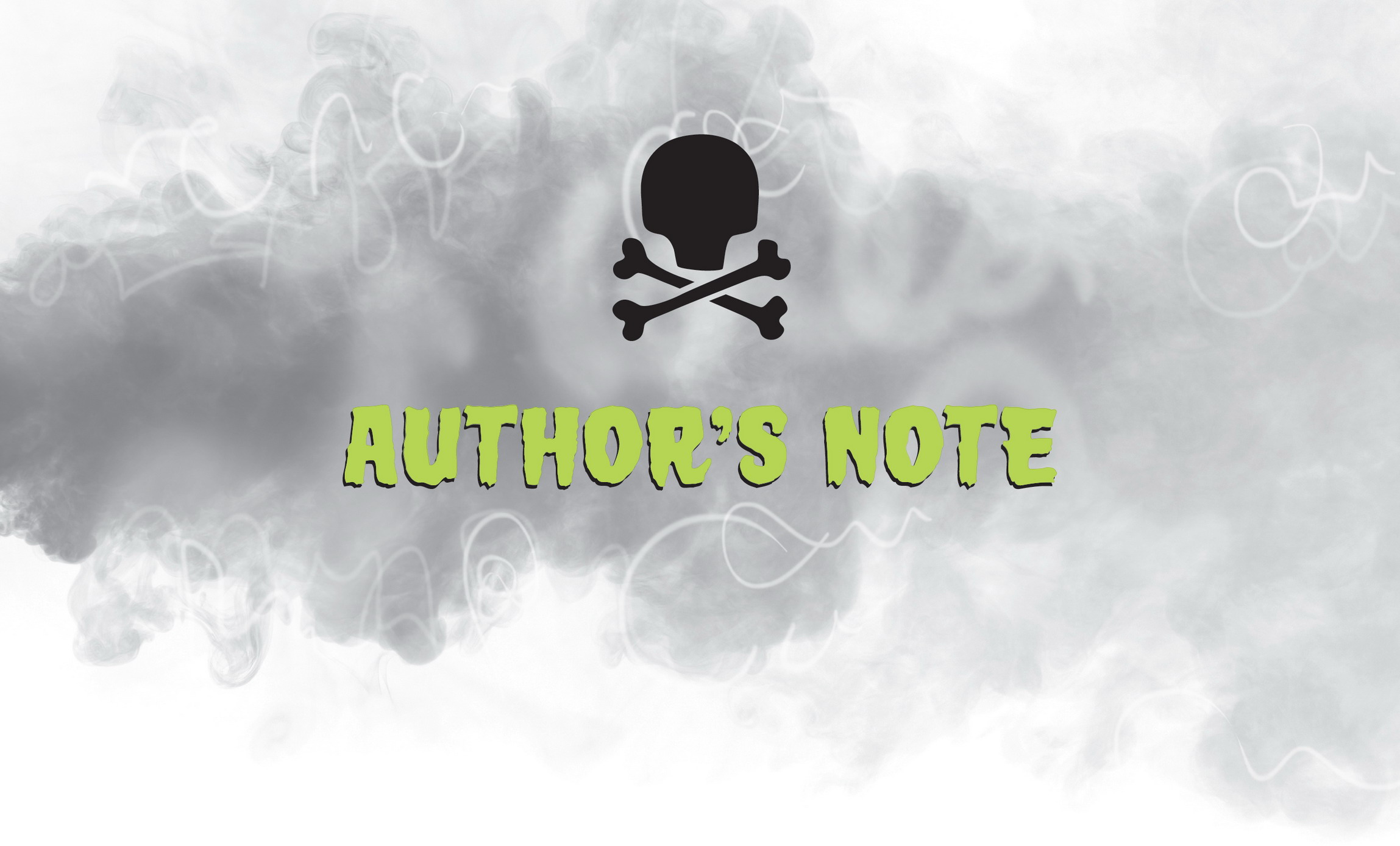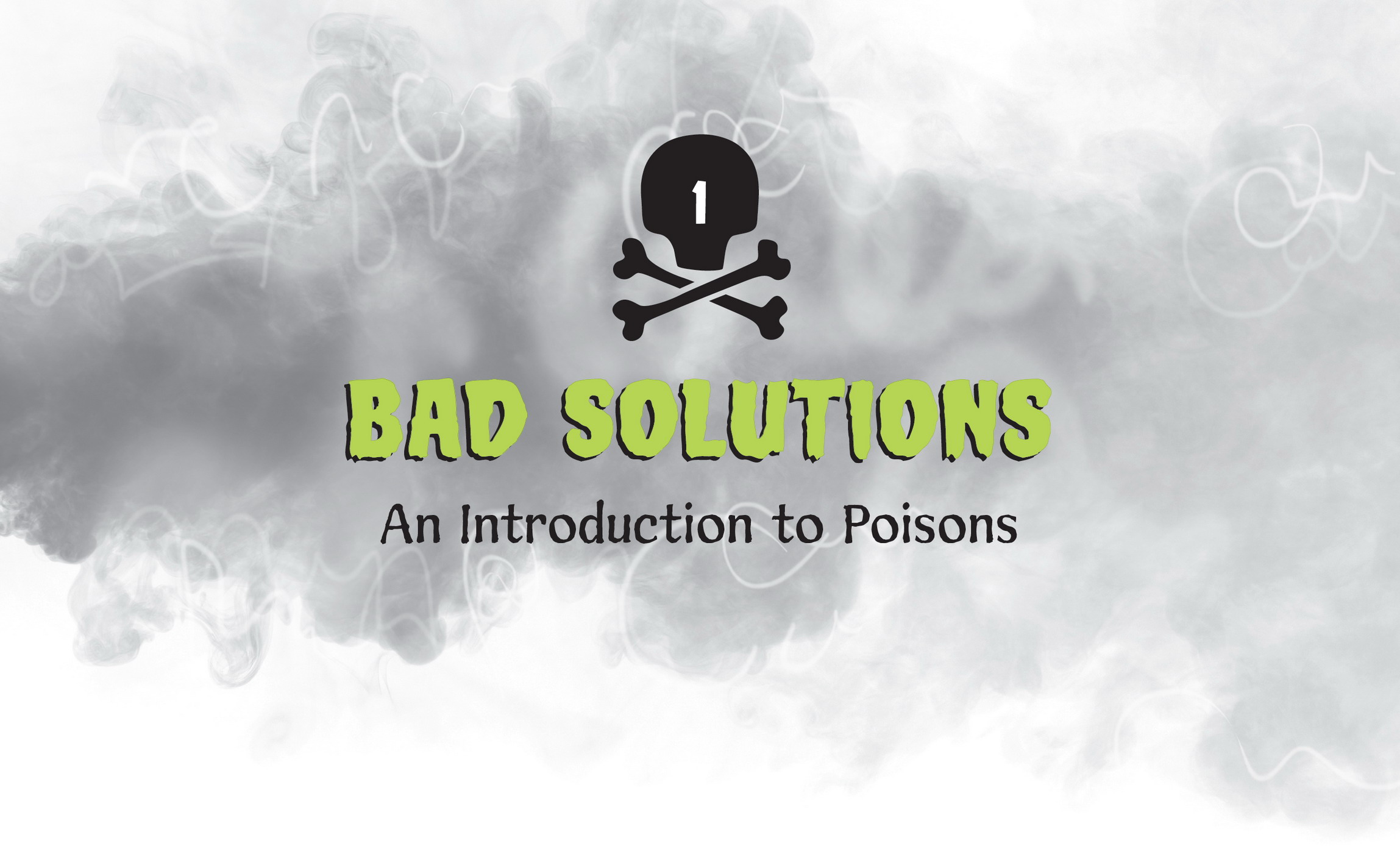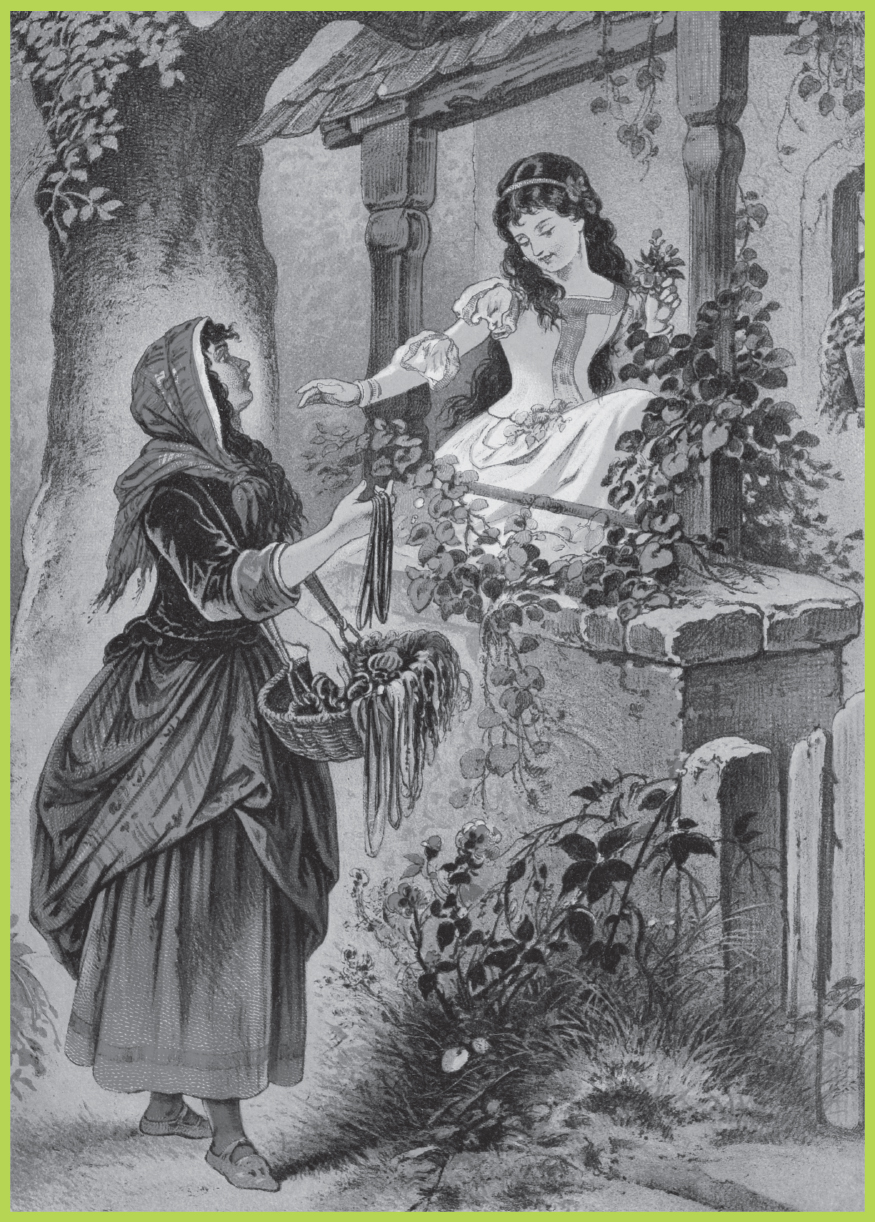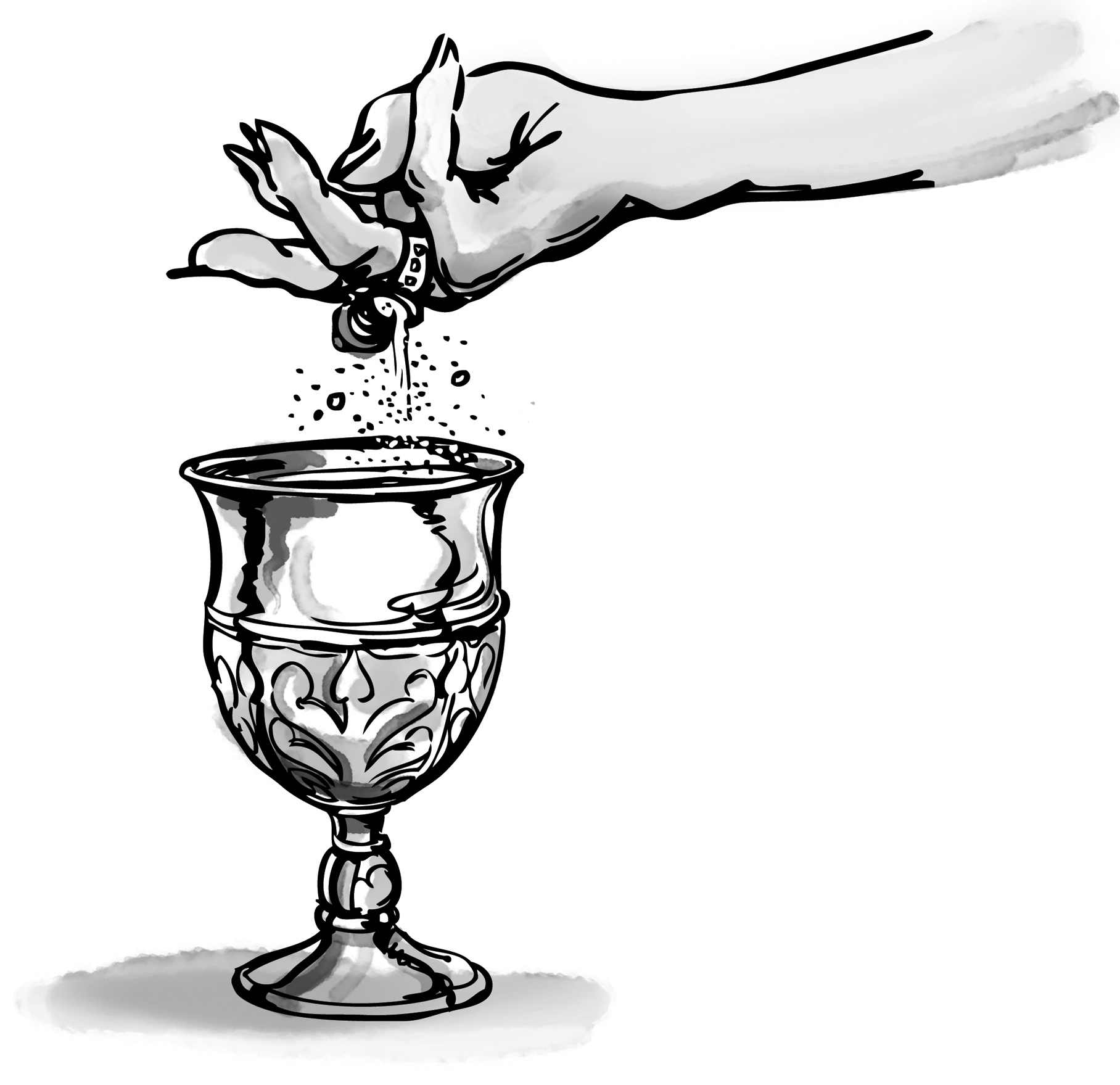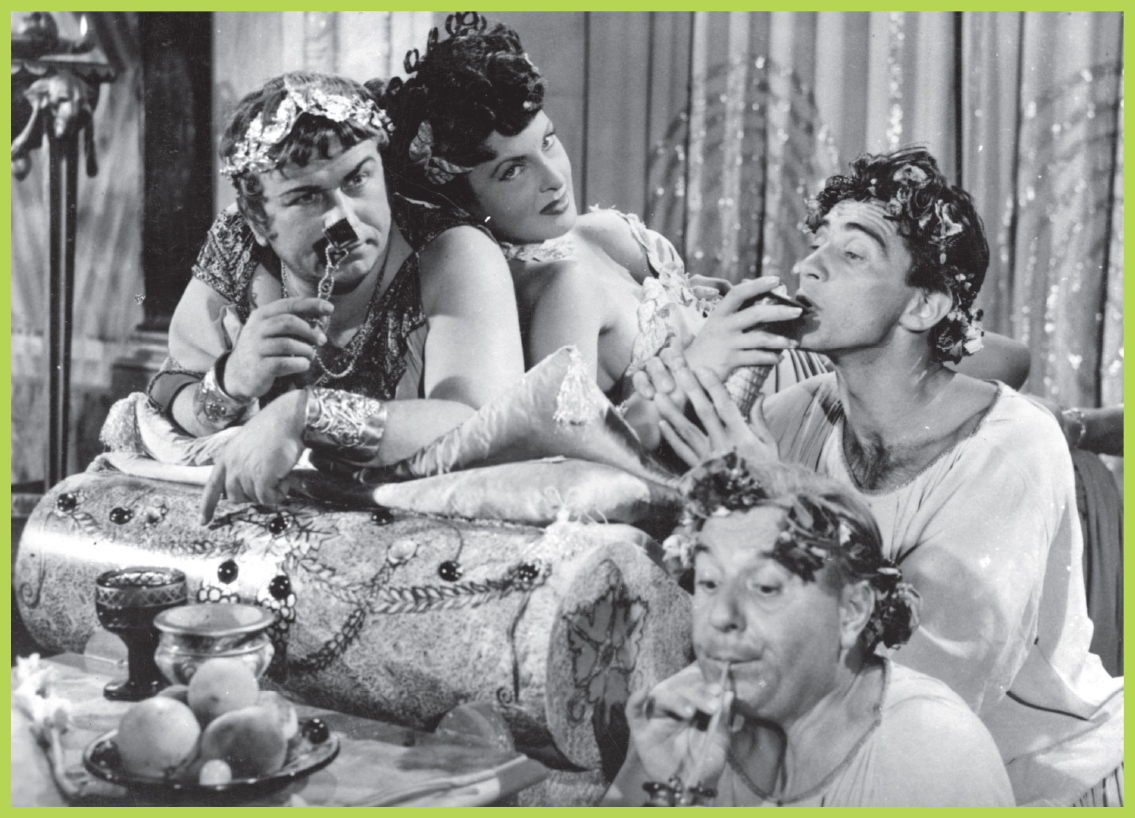Lets get one thing straight, right off the bat: this is not a how-to book. Its a history book. Its about how people have poisoned one another from ancient times to the present.
Why did I write this book? When I was a kid, I was fascinated by stories that involved poison. And I wondered, did poisons like these exist in real life? I moved from Snow White and Sleeping Beauty to Sherlock Holmes and Agatha Christie mysteries, and then, in college, I fell hard for Shakespeare, whose plays are awash in poison. (I know, he can be tough going in middle school, but trust me on this one.) And now, because I have the worlds best job as a nonfiction writer, and the worlds best editor, who wants to publish what I write, I have been able to research and write about the poisons that have fascinated me my whole life, to find out where they come from, how they work, and who may have been poisoned by them.
Whats not in this book? Except for a few passing references, I made the decision not to include genocidal maniacs, serial killers, run-of-the-mill murder cases, or poisons used by evil rulers in warfare or in concentration camps. There are other books about these awful people and terrible events, if you are curious to read further. Other things that didnt make the cut: industrial accidents, chemical disasters, air pollution, and accidental poisonings by venomous animals and toxic plants. And, as much as Id love to have included famous poisonings in literature, the book would have been five thousand pages longer, and my editor would probably have poisoned me herself. (Because she certainly knows how, at this point.)
Also, this book is by no means a comprehensive study of all the poisons in the world. Because I come from a Western culture and speak English, theres an emphasis on stories about poisons and poisonings from Western Europe, England, and America. I dont mean to suggest that fascinating poisonings havent happened in the rest of the world. But I was limited by language barriers and by the oral tradition of many cultures (that is, a history spoken rather than written down), which makes it doubly difficult for a researcher to dig up firm facts. I hope youll be inspired to look up some of these stories yourself.
Poison is in everything, and no thing is without poison. The dosage makes it either a poison or a remedy.
Paracelsus
POISONS AND POISONERS
Look up. Notice anything funny going on? Are people eyeing you strangely? Have they nudged their lunch trays a little farther away from you?
Maybe its because youre reading a book about poison.
Even in this day and age, with tamper-proof packaging and antibiotics and FDA regulations, the whole notion of poison still creeps people out.
Poisonstheyre not just the stuff of fairy tales.
What is it about poison that both fascinates and horrifies us? Maybe its that murder by poison is the ultimate premeditated crime. To poison someone on purpose requires plotting. You have to plan the deed, purchase the poison, and secretly slip it into your victims food or drink. Then you bide your time and wait for the poison to take effect.
Yes, poisoners are pernicious.
Also, its hard for us to grasp how poison actually works, deep down at the molecular level. How could a dust-sized fleck of polonium-210 cause a person to vomit uncontrollably, turn yellow, lose all his hair, emit radioactive particles, and then die in agony? No wonder people in the old days thought poison was magic, or the work of the devil, or the revenge of angry gods.
Humans have been poisoning one another for more than six thousand years. Poison is part of our culture, an endless source of fascination for novelists, playwrights, and historians. Its the dark side of our dark side.
DARK DEEDS
As recently as the early twentieth century, poison was usually freely available. Anyone could walk into a drugstore and buy heroin, opium, arsenic, or strychnine. Even a glass of Coca-Cola came with a jolt of cocaine to wash down your lunch.
Back when it was easy to find poison and easy to get away with it, poisoning an enemy was a convenient way to remove an obstacle in your path to power, or to an inheritance. Sitting on a throne could be an extreme sport. Before divorce was legal or socially acceptable, people with inconvenient spouses sometimes turned to poison because they saw it as the only way out of a problematic marriage.
Ruthless rulers in history could never quite trust their frenemies.
In the days before scientists knew how to test for poison, a lot of poisoners got away with murder, and many innocent people were accused of crimes they hadnt committed. When someone died quickly, poison rumors swirled. Yet the skilled poisoners didnt get caught, because their victims symptoms often imitated those of actual illnesses. Which makes it doubly difficult for those of us living now to know for sure if someone who lived a long time ago was killed by poison or died of natural causes. You can draw your own conclusions in the Poisoned or Not? boxes throughout the book.


